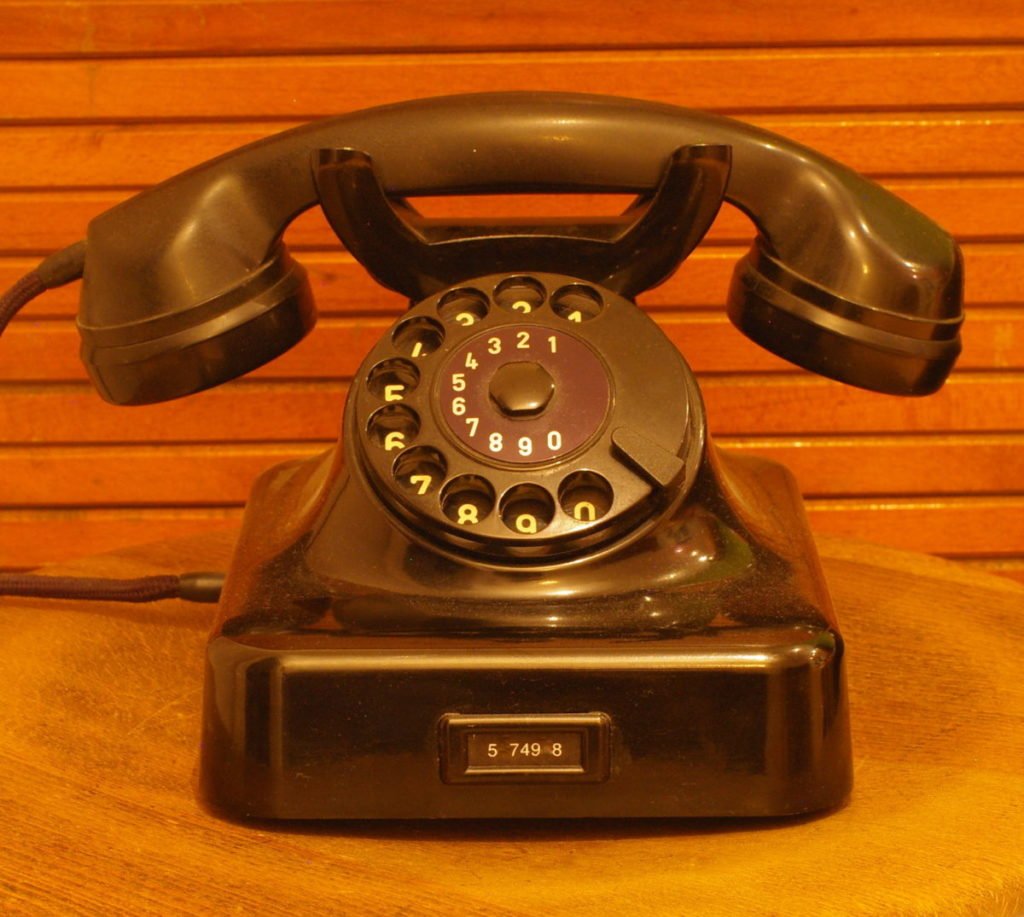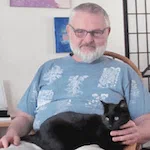During the 1970s, I volunteered to answer phones at two different telephone crisis centers, in two different states, one in Ohio and the other in Massachusetts. When we picked up the phones at these centers, my colleagues and I never knew what sort of question or problem our anonymous callers were going to have for us. It might be anything from, “My spouse (parent, teacher, friend, etc.) doesn’t understand me,” to “I just took an oval-shaped, white pill with the number 333 stamped on it, and I wonder what effects I can expect,” to “I am so depressed that I’m contemplating suicide.”
We were trained in the “touchy-feely” mode of the day. We often sat on the floor, learned to identify our own and others’ feelings, practiced trust exercises such as falling backward and hoping someone would catch us, and most pragmatically, we had lots of one-on-one practice-counseling.
We became all-purpose counselors on the phones, and the training we were provided hardly qualified us to be the doctors, psychologists, or social workers that our callers sometimes needed, but the training was decidedly better than nothing, and our callers were people who were underserved by the available services at the time, which were either too expensive or inconveniently operated from nine to five only. Hotline crisis centers were free (thanks largely to paid staff who wrote grant proposals that paid off), and we tried to be available twenty-four/seven.
We learned a lot on the job, taking some tough calls every now and again, from people who just wanted to talk to those who were suicidal, mentally ill, or otherwise had problems that no one could solve.
Occasionally, I would be the only phone counselor on a shift. While I stayed with one caller, I would have to answer a call on another line. Fortunately, when I was in Boston, we usually had two—or occasionally even three—phone counselors on a shift.
I knew I was there a lot, but I was still surprised when Bob, one of the two paid staff members, announced, “Stacy had the most hours on the phones last year, and Miles had second most.”

The Boston crisis center was more multi-functional than the one in Ohio. As well as the hotline, it offered a free ambulance service (with one to two fully-equipped ambulances and several certified EMTs), and a drop-in service.
I once rode in the ambulance when someone just two blocks away from the center was reported to be unconscious. I think they took me along because there were only two EMTs, and they were afraid they would need more muscle since they had no idea how big the unconscious man might be.
I went with the EMTs to the address, a multi-family dwelling, and someone let us in. The unconscious man was lying in bed. He was about five-feet, five-inches tall and probably weighed one hundred twenty-five pounds. Apparently, others had tried to rouse him, but he would not wake up. They believed that he had really tied one on the night before, and they had become alarmed.
The EMTs checked his vital signs and spoke to him loudly several times. Eventually, he opened his eyes. It was a false alarm. He was just a heavy sleeper. For me, though, it was an anticlimax to what had begun as an exciting ride.
The drop-in service was, in some ways, an over-reach. It was an attempt to provide a place to go when there was nowhere else.
People came in and sat on a couch and sometimes behaved themselves and sometimes became disruptive. Once I had to ask a man to leave because he was bothering the other homeless people as well as us. The man obeyed, but he turned just before he left and angrily shouted something in Spanish.
Another homeless man became livid. He repeated the last word of man who had just stormed out: “Basura! That means ‘garbage’. He said we are all garbage. Well, he’s garbage!”
The center could least provide overnight shelter, and yet, when none was available anywhere else, we sometimes let people stay and sleep one of the couches, but we had no beds and inadequate supervision.
The most disillusioning thing I ever saw was when someone at a hospital called and asked if we could take a woman for the night. I naively accepted, and the woman soon arrived in a taxi. She was in a wheelchair and could not even get up the steps to our non-handicap friendly building. I ended up doing the duties of a hospital orderly as well as answering the phones.
When a more experienced supervisor came in the next morning, he had to find a better place to send the woman. He was angry at the hospital rather than at me. He said that the person at the hospital had “dumped” a patient that the hospital did not want to deal with, but the trouble was that we were less capable of taking her on than the hospital. They had done a disservice to the patient and played a dirty trick on a young do-gooder who was not savvy enough to know when he was being played.
In 1980, I moved to California. Burned out on hotline-crisis intervention, I never volunteered at another one.

Share this post with your friends.

